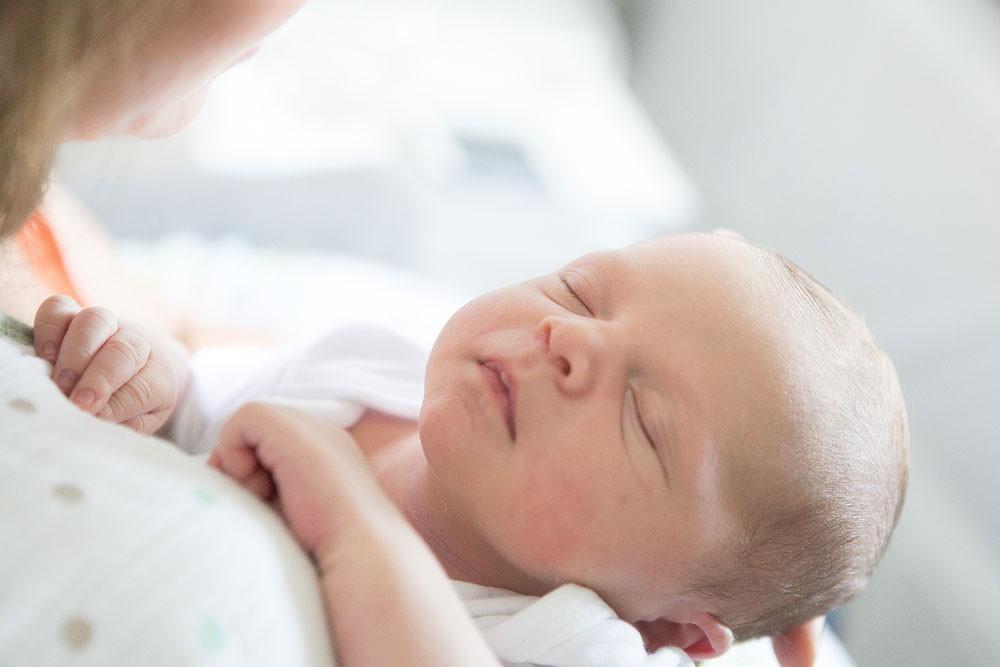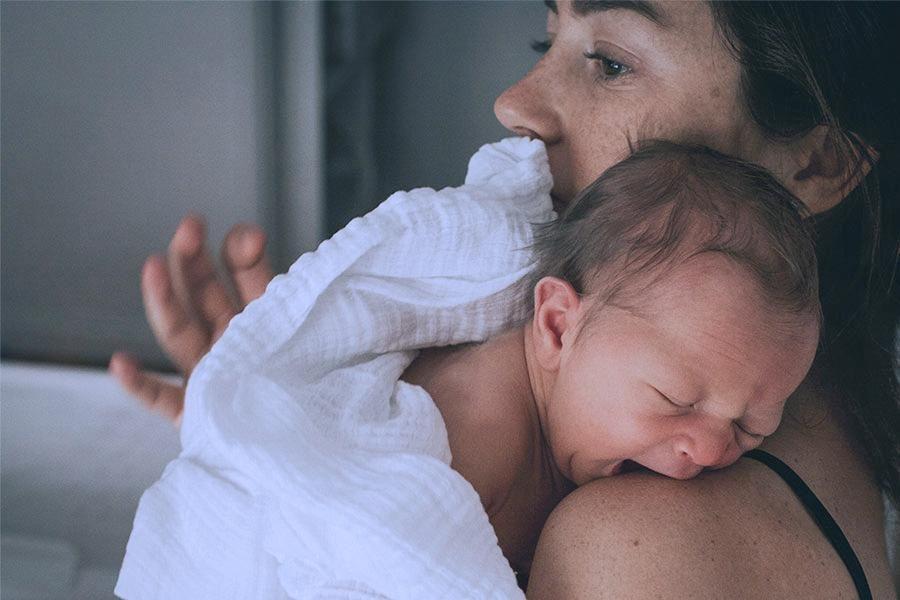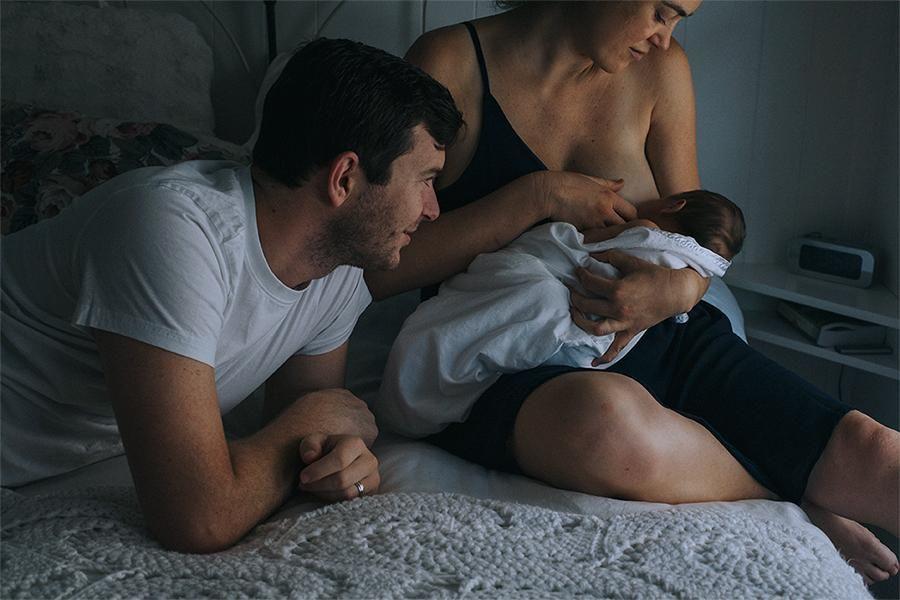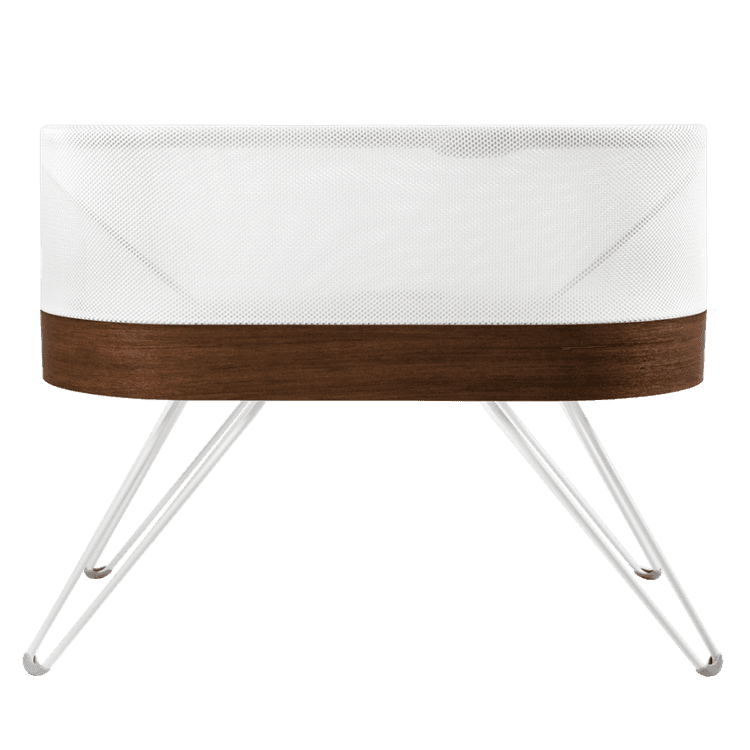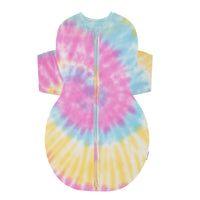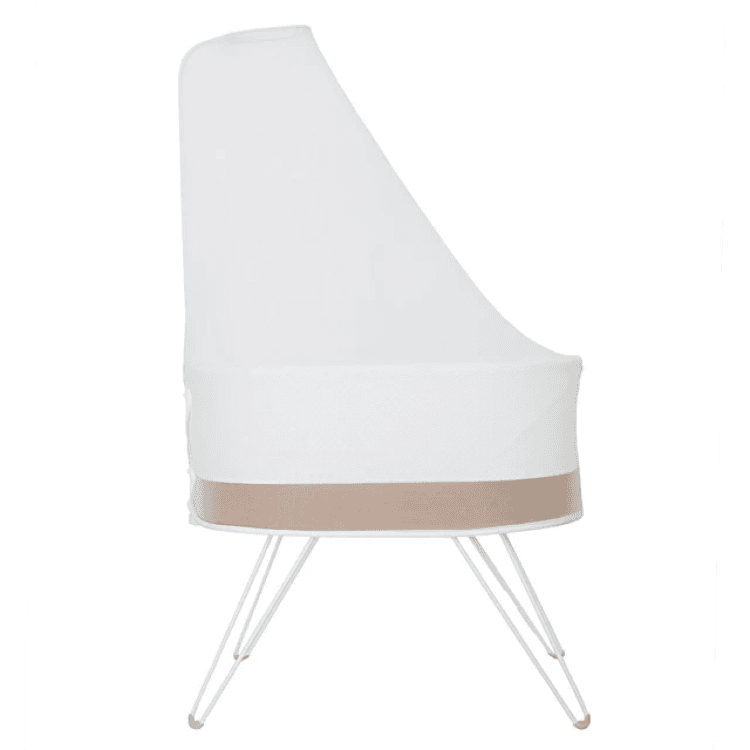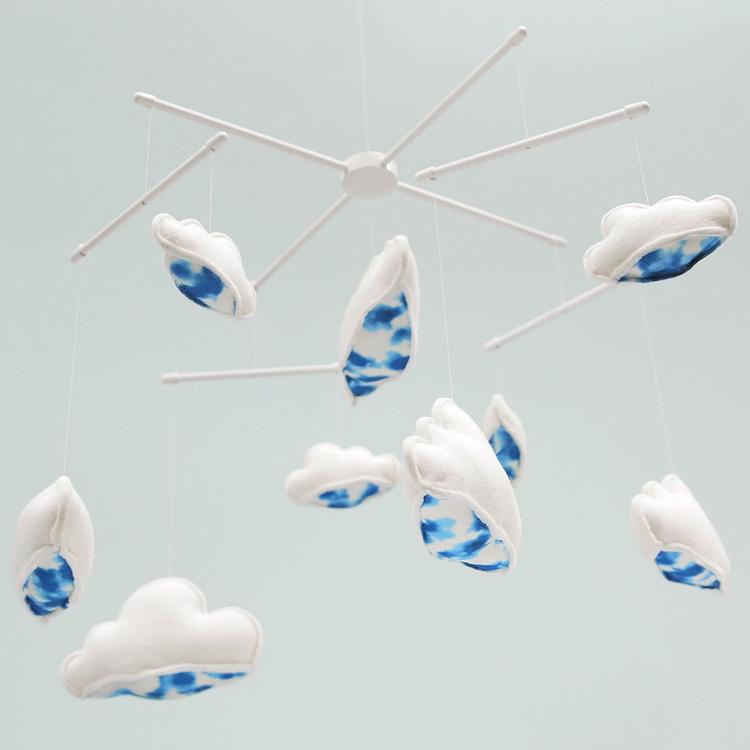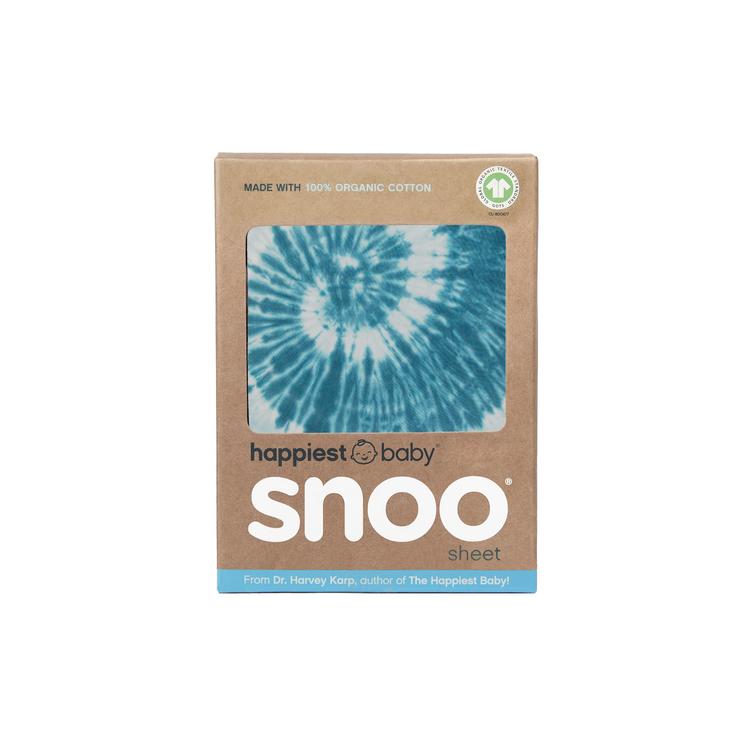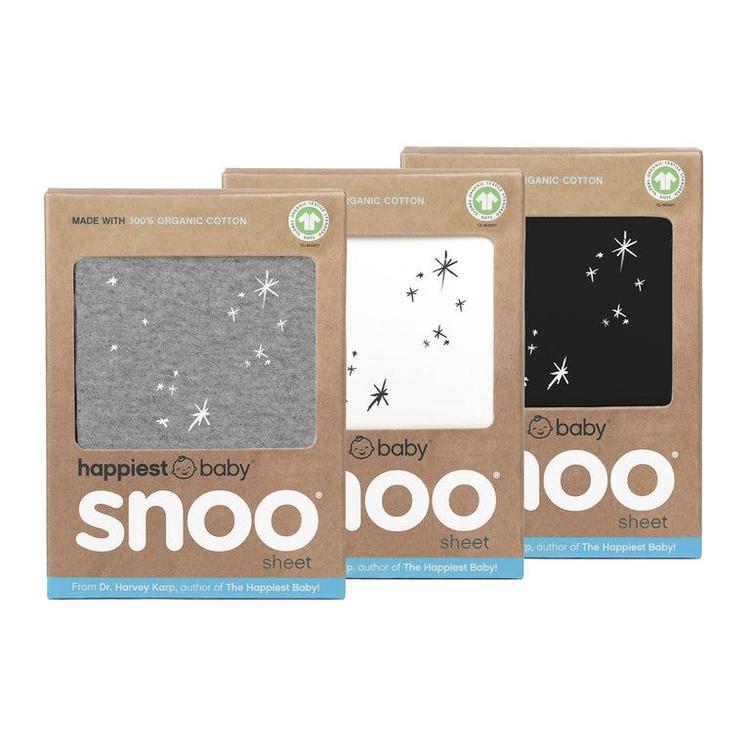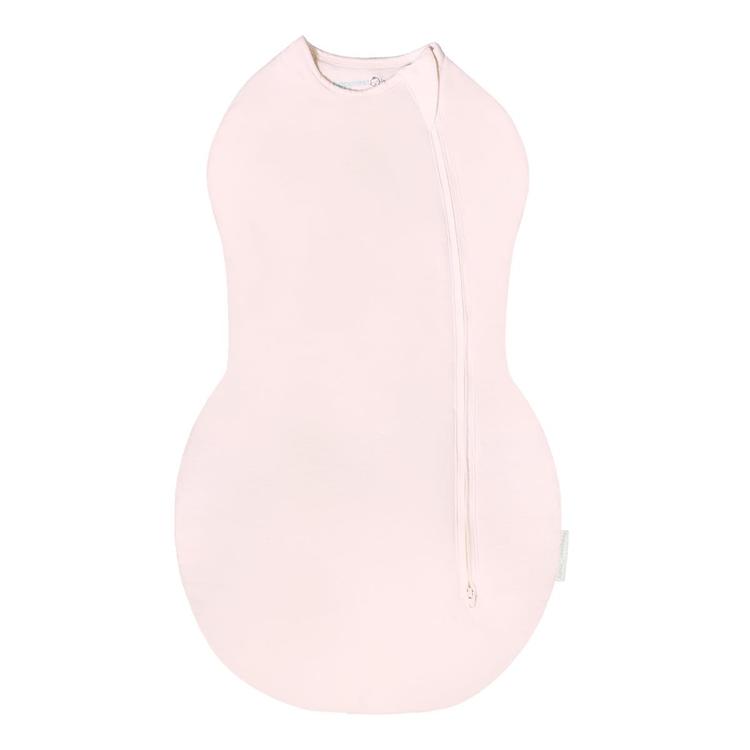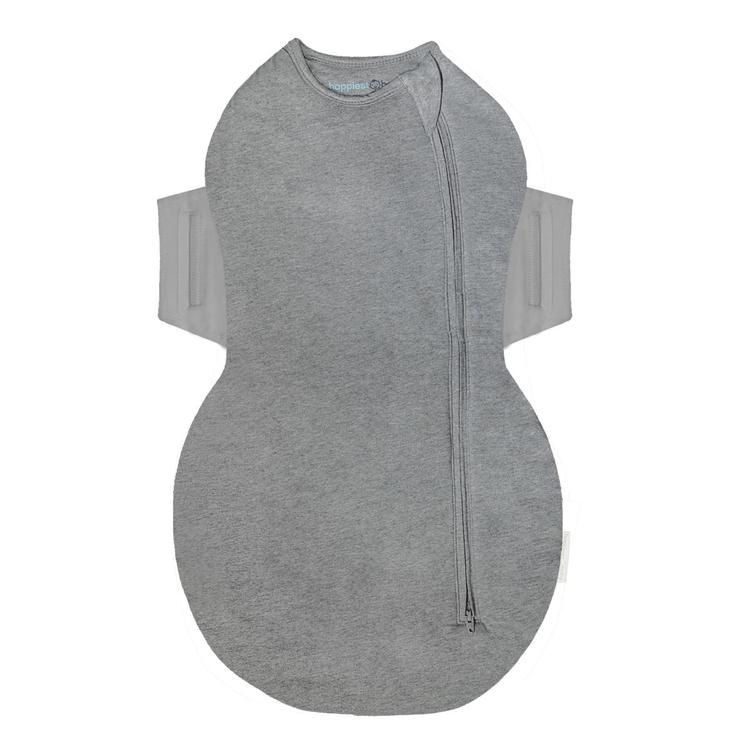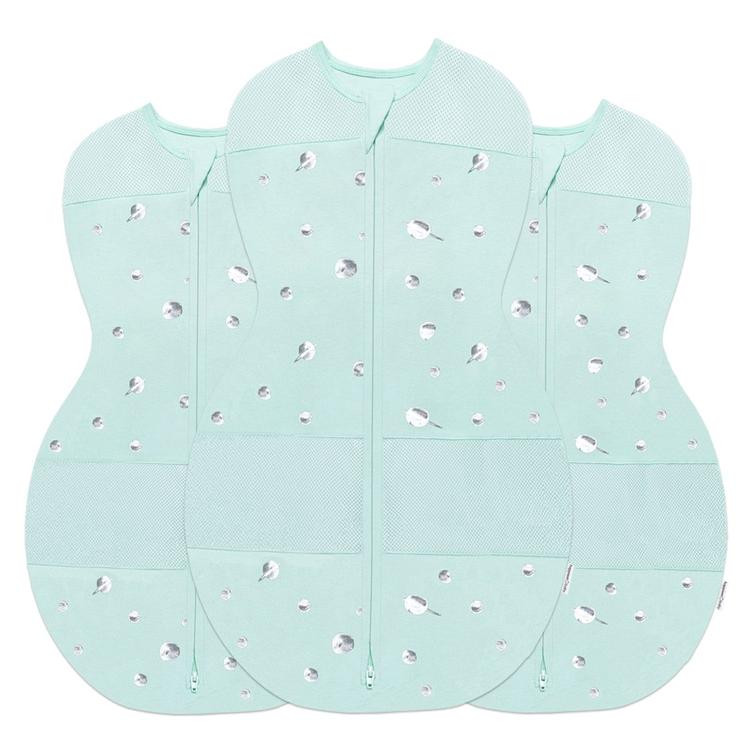PREGNANCY
40 Weeks Pregnant: Hang in There!
Bet you’re pretty ready to…play ball!

Written by
Dr. Harvey Karp
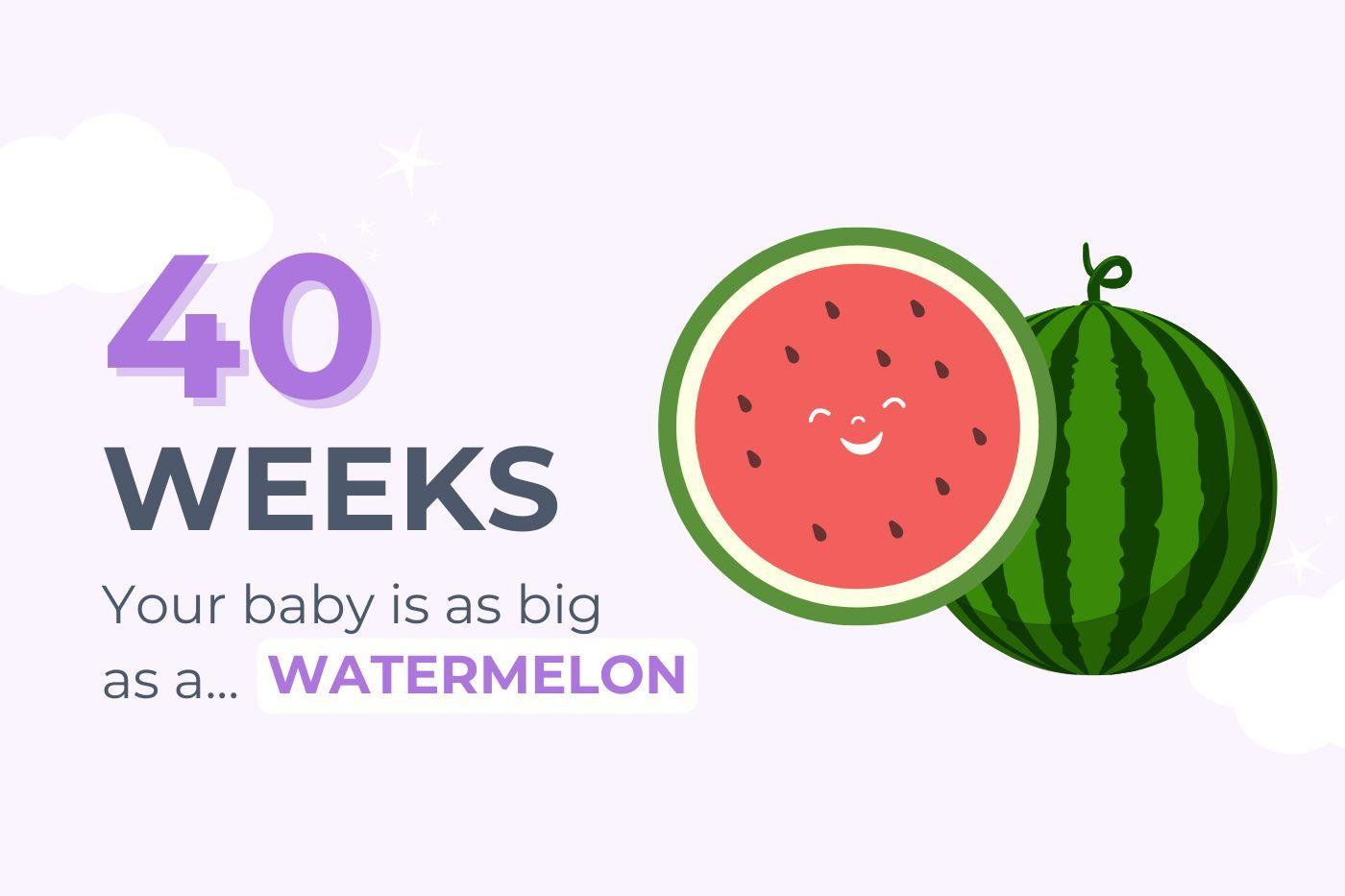
Your Baby at 40 Weeks
It’s week 40—your due date! By now, your baby likely weighs between 2.7 and 4 kilograms (6 to 9 pounds), with the average around 3.4 kilograms (7½ pounds). They may have a head of hair—or just soft fuzz—along with eyebrows, eyelashes, fingernails, toenails, and that adorable button nose. Their little hands can grasp, their mouth can suck and swallow, and their lungs, heart, and stomach are all ready for life on the outside.
Your baby has been weeing into the amniotic fluid for months, but their first poo—called meconium—is still to come. If meconium is passed before birth, it can be a sign of distress (you’d likely notice discoloured, smelly waters if your membranes rupture). Babies who go post-term sometimes pass meconium simply because their digestive system is more mature.
Meconium is made up of amniotic fluid, shed skin cells, and lanugo (the fine hair that once covered their body). You’ll be cleaning it off your bub for a few days! Once they start feeding, their stools will gradually change. A breastfed newborn’s poo is usually yellow, seedy, and runny, while formula-fed poo is often light brown and pastier in texture.
Size of Baby at 40 Weeks Pregnant
Your baby is about the size of a watermelon, weighing 2.7–4 kilograms (6–9 pounds).
40 Weeks Pregnant: What to Expect
Still pregnant? Hang in there—most babies arrive within about 10 days of their due date (and remember, only about 5% actually arrive on their due date!).
By now, your baby is sitting low in your pelvis, which may make your vulva feel swollen. Sharp twinges known as “lightning crotch” are common as your baby presses on pelvic nerves.
Their head is likely nestled against your cervix, encouraging it to soften and dilate—though you may not feel this happening. Increased vaginal discharge is normal now. Look for:
- Mucus plug: Sticky, jelly-like discharge that can appear all at once or bit by bit.
- Bloody show: Pink or red-tinged mucus, a classic sign labour is near.
If your waters break, call your midwife or doctor straight away—labour often follows. In the case of premature rupture of membranes (PROM), your care provider will advise how long you can wait before induction, since prolonged ruptures increase infection risk.
40 Weeks Pregnant Symptoms
At 40 weeks, you might experience:
- Braxton Hicks contractions
- Diarrhoea
- Leg cramps or pelvic pain
- Nesting instinct
- Insomnia
- Cervical softening/dilation
- Baby “dropping” (changes in movement/pressure)
40 Weeks Pregnant To-Do List
- Enjoy couple time: It’s easier said than done, but if you can, go for dinner, watch a film, or catch up with friends. Life will soon be wonderfully busy!
- Ask for postpartum support: Be specific—whether it’s meals, help with pets, or someone to rock the baby so you can nap. And remember, tools like the SNOO Smart Sleeper can be like an extra pair of hands once family help tapers off.
- Prep questions for your baby’s first check-up: Ask how often you’ll need appointments, what to expect with immunisations, and breastfeeding or formula-feeding tips.
- Read ahead: Labour is only the beginning—so spend time learning about baby sleep, feeding, and soothing. The Happiest Baby on the Block book and video are excellent resources for learning the 5 S’s baby-calming technique.
Pregnancy Quote of the Week
“People who say they sleep like a baby usually don’t have one.” — Leo J. Burke
Disclaimer: The information on our site is NOT medical advice for any specific person or condition. It is only meant as general information. If you have any medical questions and concerns about your child or yourself, please contact your health provider. Breastmilk is the best source of nutrition for babies. It is important that, in preparation for and during breastfeeding, mothers eat a healthy, balanced diet. Combined breast- and bottle-feeding in the first weeks of life may reduce the supply of a mother's breastmilk and reversing the decision not to breastfeed is difficult. If you do decide to use infant formula, you should follow instructions carefully.
SHARE THIS ARTICLE
PARENT PICKS
Bestsellers


